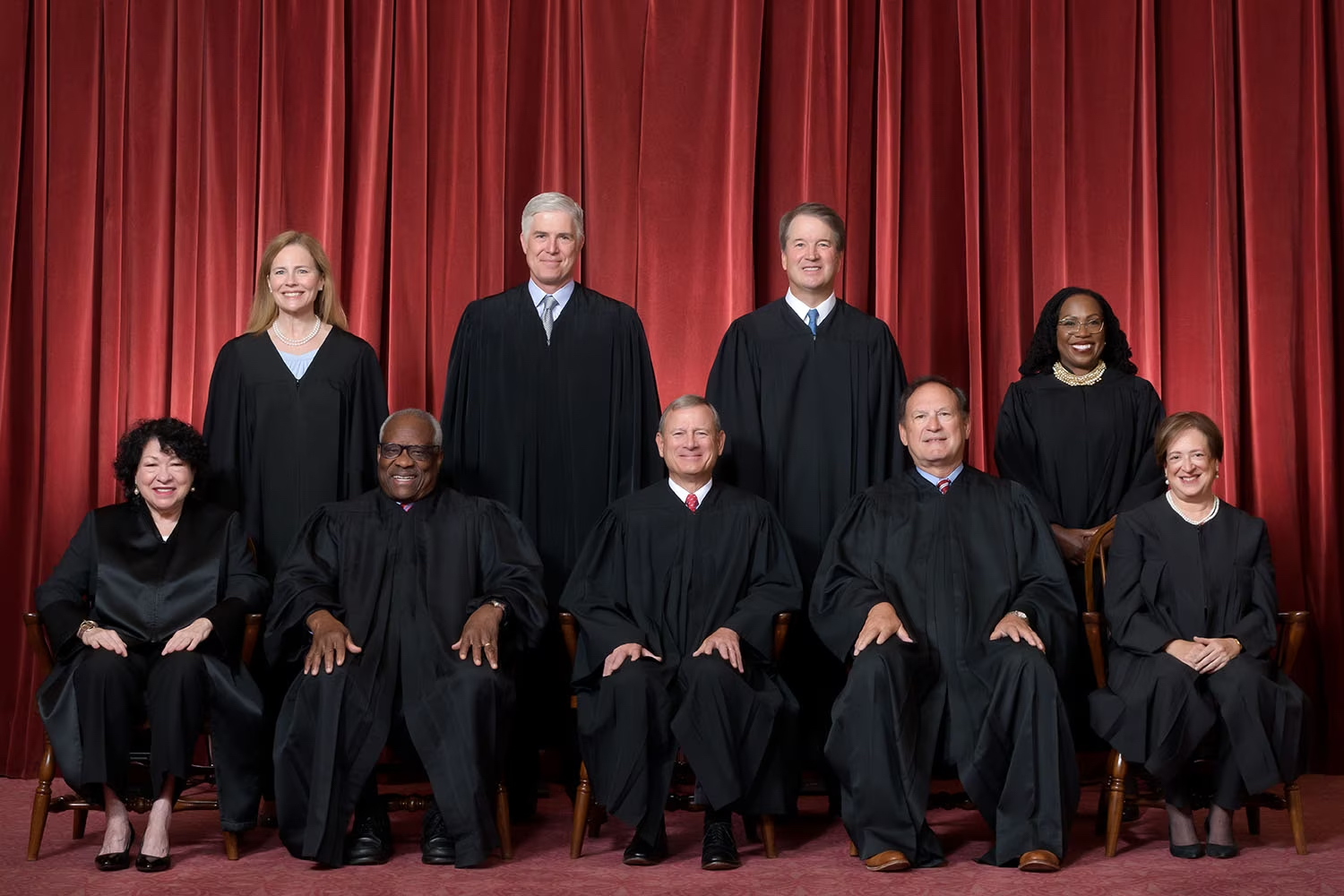A recent Supreme Court decision that substantially narrowed the Environmental Protection Agency’s authority to regulate millions of acres of wetlands is expected to open more land for development.
More than half of the nation’s wetlands could lose protection under the Clean Water Act, according to environmentalists and legal analysts. This concerns water quality advocates who fear the ruling will lead to degraded water supplies.
From a developer’s perspective, projects will have fewer regulatory hurdles to overcome, making them faster to move from conception to construction. This could make new housing developments more financially viable during a time of acute housing shortages in many areas of the U.S., they point out.
The case, Sackett v. Environmental Protection Agency, involved an Idaho couple who tried to build a house on property they’d purchased. The couple filled a soggy part of the property with sand and gravel to prepare for construction. The EPA ordered them to halt construction and return the property to its original state. The couple then sued the agency.
Related Stories
| Jun 21, 2012
Brazilian engineering/construction firm Odebrecht sues Florida over ban on companies doing business in Cuba
Odebrecht Construction Inc., a Brazilian engineering and construction company, is suing the State of Florida over a new law that bans governments from hiring companies with business ties to Cuba.
| Jun 21, 2012
String of shattered glass balcony panels prompts call for code reform in Ontario
Since last summer, glass balconies have shattered at 13 different buildings in Toronto.
| Jun 21, 2012
California adds window film to building code
California is the first state to add window film into its building code. Window film, a polymer material, offers cost-effective energy savings.
| Jun 21, 2012
New ISO standard to improve environmental management of concrete
A new ISO standard will help the construction industry better manage the environmental impacts of concrete.
| Jun 21, 2012
On net-zero projects, Building Teams will be held accountable for energy-efficiency performance
The building team will be held accountable for how net-zero energy buildings perform two, five, and maybe ten years after completion.
| Jun 14, 2012
USGBC co-founder launches rating system for building product manufacturers
U.S. Green Building Council co-founder David Gottfried’s new venture, Regenerative Ventures, has established a rating system for building product manufacturers.
| Jun 14, 2012
Green standard set for single-ply roofing membrane
A sustainability standard has been established for single-ply roofing membranes used on commercial buildings.
| Jun 14, 2012
Minnesota Vikings stadium plan gets legislative go-ahead
Legislation that approved the construction of a new billion dollar stadium for the Minnesota Vikings passed the Minnesota legislature.
| Jun 14, 2012
Report alleges New York’s prevailing construction wages are miscalculated, costing billions
A miscalculation in how prevailing wages are calculated in New York reportedly costs the state $3 billion a year in public-infrastructure projects.











